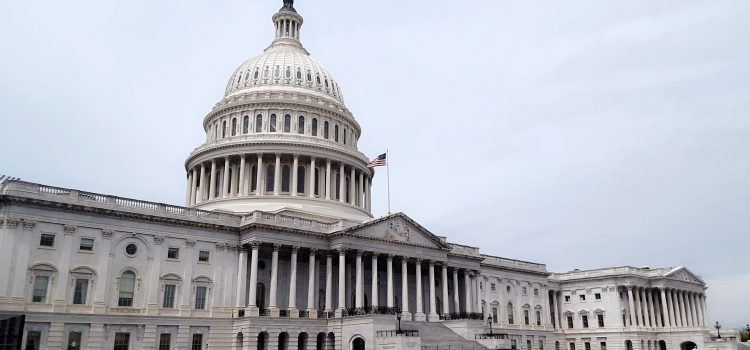What are the benefits of platform business models? How are platforms affecting politics and the economy? Platforms aren’t just an alternative to pipelines. Geoffrey G. Parker, Marshall W. Van Alstyne, and Sangeet Paul Choudary say platforms are outperforming pipelines and, in the process, transforming the world. We’ll explain why platforms are taking over the market and explore the economic, social, and political effects.
The 2 Major Benefits of Platform Business Models










